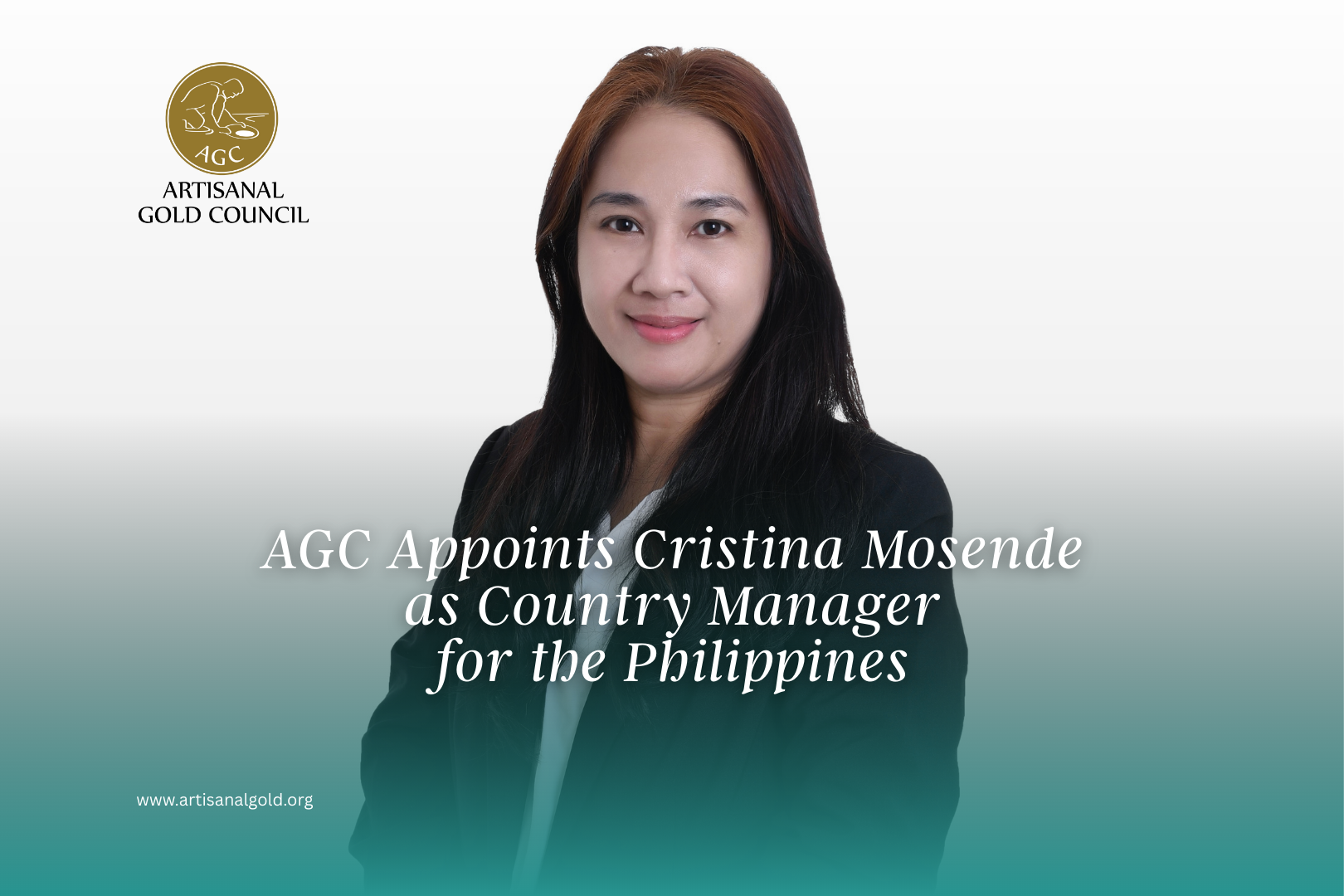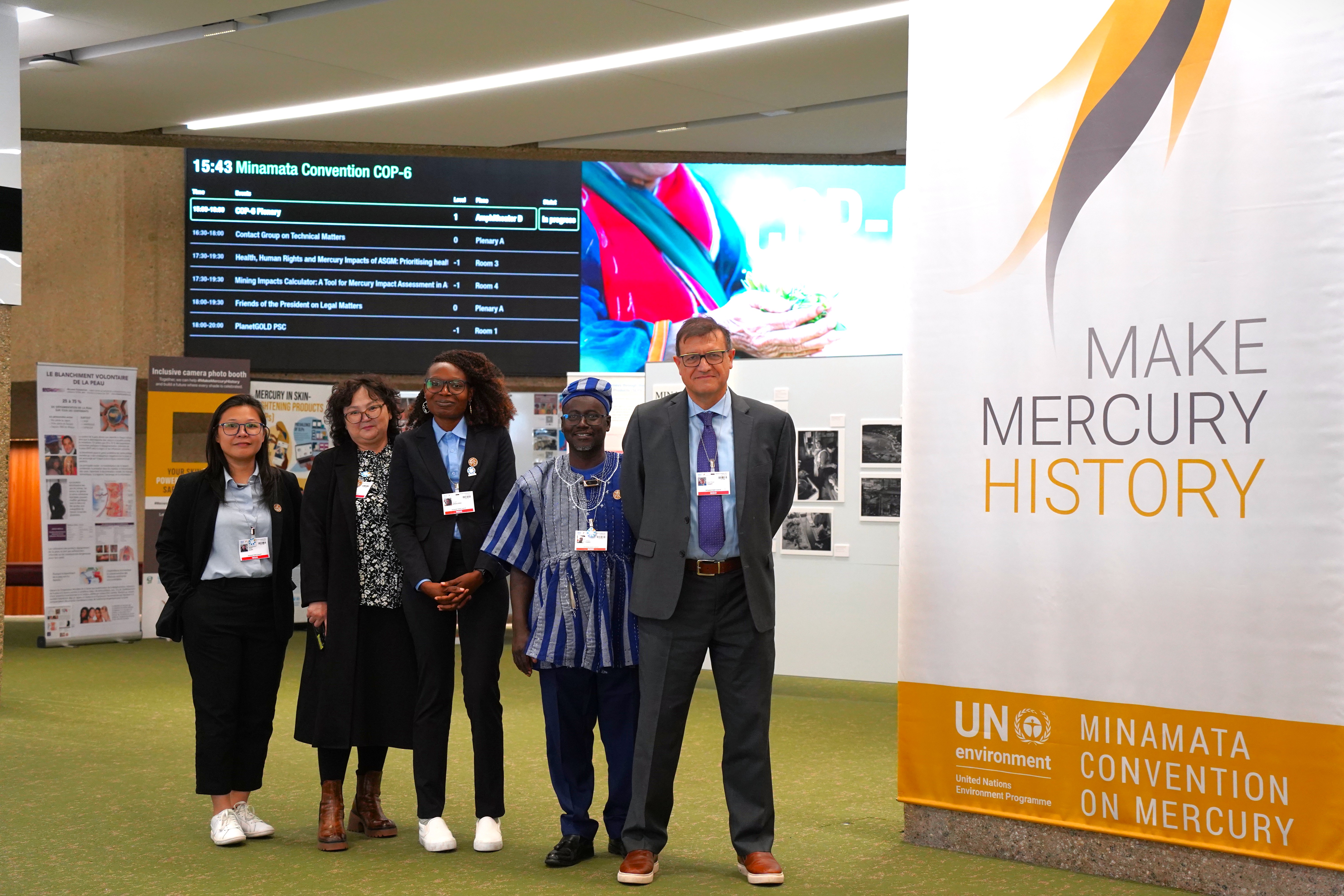Reflections from Paris: Artisanal Mining at the Crossroads of Policy and Practice
Insights from OECD Paris: bridging policy with practice in artisanal mining for sustainable change.
.png)
Insights from the OECD Forum in Paris highlighting the Artisanal Gold Council's efforts to bridge policy and practice in artisanal gold mining, emphasizing sustainable change through community engagement and responsible interventions.Reflections from Paris: Artisanal Mining at the Crossroads of Policy and Practice
After several intensive days at the OECD Forum in Paris, I’m encouraged by the growing recognition of the Artisanal Gold Council’s (AGC) work and the increasing stakeholder interest in our practical, results-driven approach. The artisanal and small-scale gold mining (ASGM) sector is a complex ecosystem involving diverse actors—from miners and cooperatives to junior investors, gold traders, refineries, civil society groups, and government bodies at multiple levels.
Navigating this intricate landscape requires clarity about AGC’s unique role and value.
Bridging Policy and On-the-Ground Action
As a nonprofit dedicated to professionalizing artisanal gold miners, AGC doesn't merely implement short-term "projects." Instead, our focus lies in creating sustainable, long-term interventions that drive meaningful change.
We highly value the critical policy contributions of organizations like the Intergovernmental Forum on Mining, Minerals, Metals and Sustainable Development (IGF), alongside transparency and traceability initiatives. However, our core mission is bridging the gap between high-level policy discussions and tangible on-the-ground results.
Our Practical Approach to ASGM Intervention
Our methodology is grounded in direct community engagement, addressing several vital dimensions of the mining ecosystem:
- Formalization: Facilitating miners’ access to mineral rights and environmental permits.
- Finance: Creating pathways to formal credit and financial inclusion.
- Technology: Implementing mercury-free gold processing systems developed with expert partners.
- Due Diligence (CRAFT Code): Promoting robust traceability measures and safeguarding human rights.
- Business Viability: Evaluating geological potential, enhancing business planning, and attracting responsible partnerships with aggregators or large-scale miners open to coexistence models.
OECD and Beyond: Elevating Artisanal Mining
Participating in the OECD forum allows AGC to directly engage with key stakeholders across the ASGM value chain. Artisanal mining is increasingly prominent on global policy agendas, including those of the OECD, the World Bank, and the European Commission. Yet substantial gaps remain—particularly in aligning global policy objectives with on-the-ground realities.
Critical Minerals and the Global Energy Transition
As the world accelerates towards energy transition and electrification, artisanal miners will play a crucial role in supplying essential minerals. Despite this critical function, ASM initiatives remain significantly underfunded compared to their scale, the livelihoods they support, and their associated social and environmental complexities.
Although AGC’s current focus is exclusively on gold, our proven strategies—particularly around community engagement, technical assistance, and supply chain integration—are highly relevant to broader critical mineral supply chains.
The Challenge Ahead: Market-Readiness and Resource Mobilization
Our primary challenge is securing adequate resources to transform artisanal mining communities from “non-market-ready but potentially viable” to fully capable of meeting formal market expectations. This includes addressing key issues such as traceability, mercury-free processing, and responsible environmental and social management.
Building Trust: The Cornerstone of Sustainable Change
At AGC, we recognize that no single solution fits all contexts. However, lasting progress must begin with building trust:
- With Miners: Establishing genuine, transparent relationships on the ground.
- With Governments: Engaging authorities to align formal policies with local realities.
- With Investors: Encouraging private-sector collaboration with communities we designate as "market-ready," based on comprehensive assessments and targeted interventions.
As we continue our work, the insights and connections gained in Paris affirm our conviction: meaningful change in artisanal mining is achievable—and it begins with practical actions built on trust, collaboration, and sustainable interventions.

.png)



.png)
